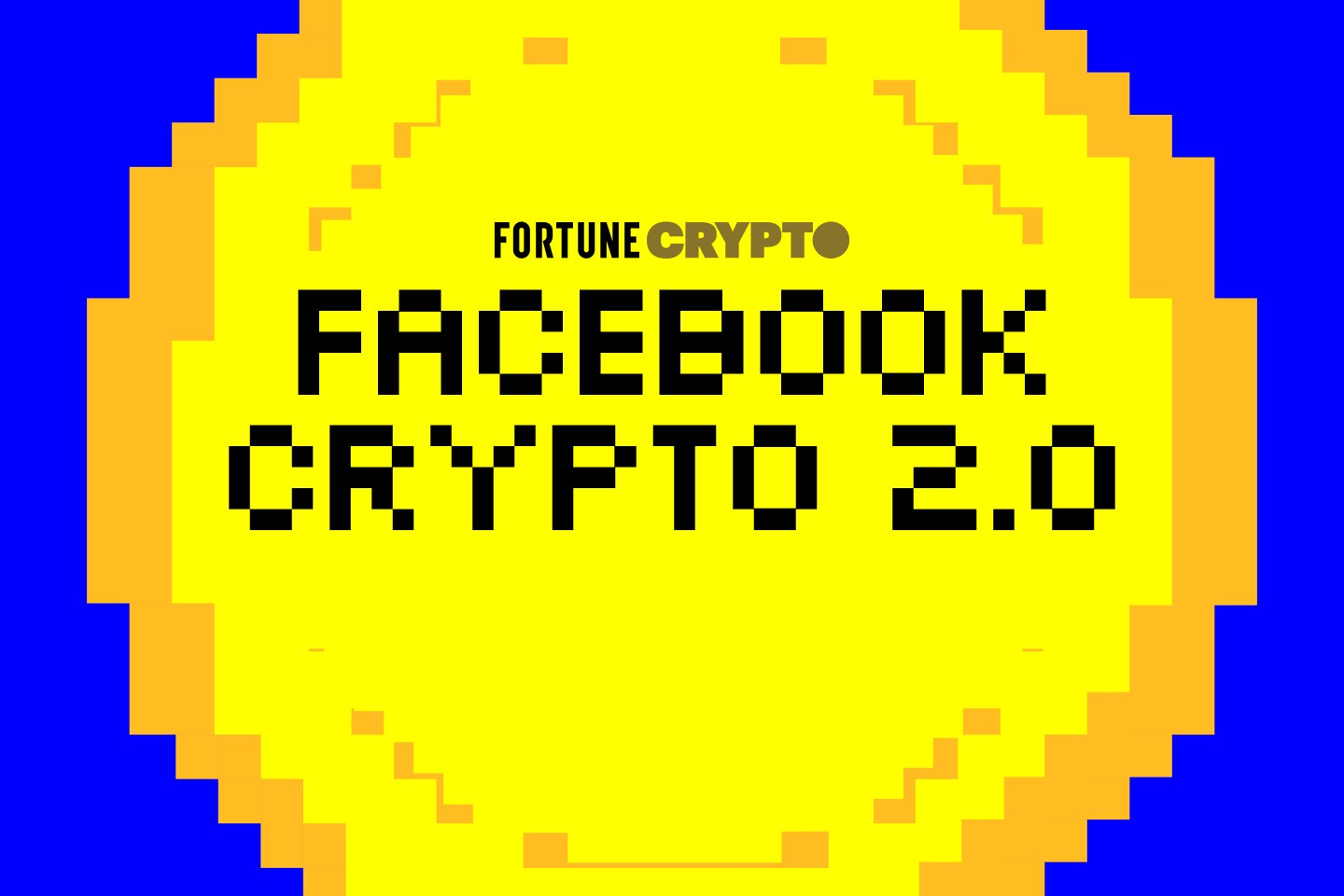Cloudflare CEO Matthew Prince, speaking at Web Summit in Lisbon on Wednesday, said Google was abusing its monopoly position in search to scrape content from the web in order to feed its AI models, while not paying the websites whose content it was copying.
In a conversation with Fortune on the MEO arena’s centre stage, he urged executives at Google parent Alphabet to pay website publishers for the content they need to train their large language models.
When asked for comment on Prince’s claims, Google told Fortune that it believes its referral traffic has remained stable year on year, and that it is focused on providing more high-quality clicks (for instance, from readers who don’t immediately hit the back button when landing on a source website). Google says it gives sites the option to opt out of AI crawling without hurting their referrals or ad placement.
Cloudflare provides backend services for the web, such as content delivery networks, cybersecurity, and denial-of-service attack mitigation. “Eighty percent of the leading AI companies are CloudFlare customers,” Prince noted during his remarks.
He then turned to Google, which has a 90% share of the search market.
“The great patron of the internet for the last 27 years was Google. The great villain of the internet today is also Google,” Prince said. He claimed that in the past, for every two pages that Google crawled to inform its search engine, it would, on average, send one visitor to those sites—traffic that publishers can monetise with advertising.
But today, he claims, Google only sends one visitor per 20 pages scanned. “What’s changed is they put an AI overview at the top [of search results], and you don’t have to actually click on anything in order to get your answer. You’re not going to that content.”
“And that’s the good news,” he continued. “The bad news is that if you look at companies like OpenAI, who have provided amazing tools, they are 1,500 scrapes for one visit. Anthropic is 40,000 scrapes for one visitor. And the problem is if these new AI tools aren’t generating traffic, then the fundamental business model of the internet is going to break down. Certainly for media content creators, but even for some things like small businesses and brands, as well.”
To be fair to Google, Prince said that executives at the company have told him that they think they should be paying for content. More broadly, all the major AI companies have said the same thing. “They are all saying we have to pay for this content. We have to be giving something back to the ecosystem.”
“We talk all the time [with Google] and, they say, ‘we get it.’ There are a lot of people at Google that understand that. They believe in the internet. They believe in the ecosystem. They believe in supporting it, but they also are stuck with the old business model, while being competed with by a new business model” driven by the big AI platforms.
And because Google declines to pay, the other companies are reluctant to compensate also, he said. “I worry that it’s really tough to tell OpenAI or Anthropic that they have to pay for something, but Google gets it for free. That’s not fair.”
The situation is compounded by the fact that if a website publisher wants to signal to Google that it does not want its content scraped to feed Gemini, Google’s AI, then that site risks being downgraded in Google’s search indexing too, because the same command is used for both, Prince argued.
“It’s not just that you drop out of search, but because Google runs so much of the ad monetization infrastructure, if you shut their [AI] bots down your ads stop working in some cases. That’s insane, right?” Prince said.
There is a debate in the SEO industry as to whether this is true. Google offers a command that sites can use called “Google Extended” that blocks AI crawlers and “does not impact a site’s inclusion in Google Search” or affect a site’s search ranking, according to the company. However, some believe that the less Google knows about a site the less likely it is to use that site as a reference, in part because it will prevent that site from being used as a resource by Gemini.
When asked if he thought this was a monopoly abuse, Prince said, “Totally, absolutely. And the reason we’re not talking about it is because nobody sees behind the curtain what’s going on here.”
“Google is using a dominant position that they have in search to leverage their way into AI.”













